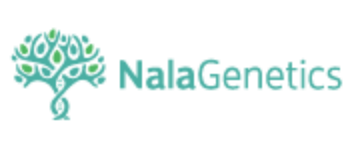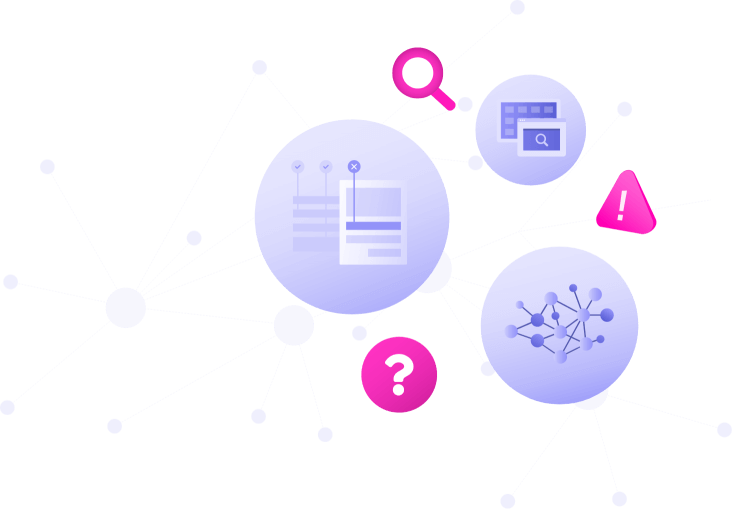
Don't let poor data stand in your way
Structured and evidence-based data allows you to easily interpret, analyze, and put your findings to good use. With anything less—you're just doing guesswork.
Precision Medicine
Get the whole patient story, with our datasets or API
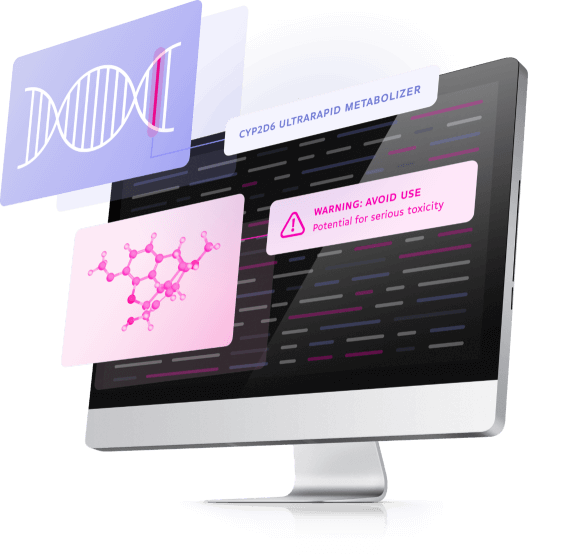

Structured and evidence-based data allows you to easily interpret, analyze, and put your findings to good use. With anything less—you're just doing guesswork.
Our machine-learning ready drug data is curated by our expert team and updated daily.
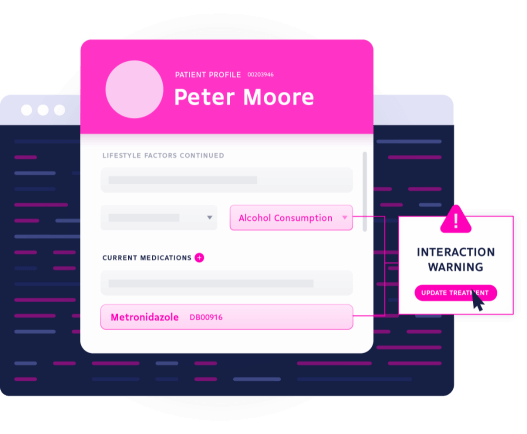
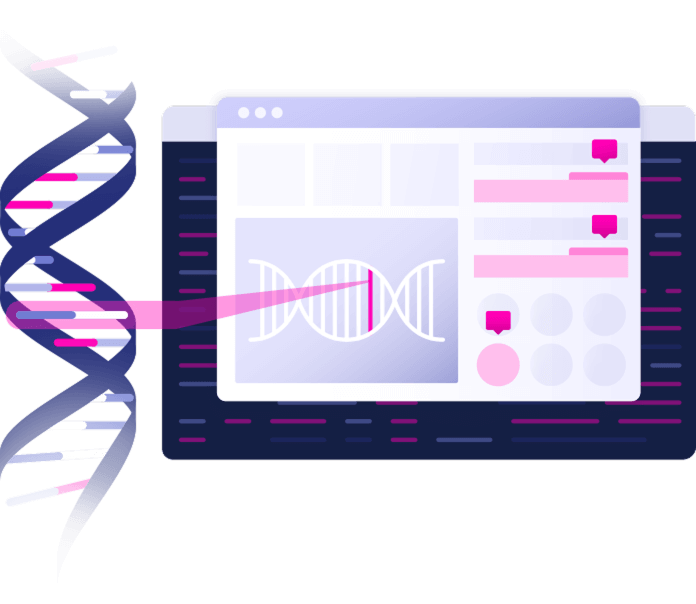
Our data includes pharmacogenomics (PGx), drug-protein interactions, & drug interactions information.
From our proprietary drug categories to targets, we have the extensive drug data needed to power your research.
Our Clinical API taps into our up-to-date drug database, empowering users to make better health decisions.




